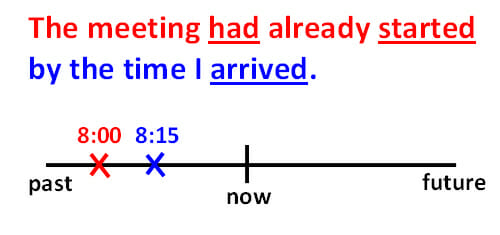- Where does Casey start his journey?
- How many degrees is it in Paris?
- How does the audience know that this is an unplanned trip?
- Why is the effect of the P.O.V camera?
- How is the airplane food presented to us? What two reasons could there be for filming it this way?
- In your opinion? why does Casey run in several scenes in the film?
- What is the effect of him “continuing to run” but the scene changing behind him?
- What is the effect of the use of the personal pronouns used throughout?
- Why does the music stop when he is above the water?
- What effect does filming the jump in slow-motion have?
- Name at least 5 places that he visits during his trip…
- What moments can be described as humorous? Why are they included at this point?
- What moments can be described as sad/ poignant/ sobering? Why are they included at this point?
- What is the key message of the story to the audience (imperative, two words!)
- Why do the lyrics of the song tie in with the final scene in the story? (Identify the lyrics and consider the impact of the final scene of the story)
- What effect does the marker pen being drawn throughout on the world map have?
- What famous brand is he “advertising” here?
Copy these questions into a word document.
Split the questions into three groups:
Easy to answer/ identify
Difficult to remember and explain
Opinion, able to reflect individually


